Members
- Rediet Abebe, Cornell University
- Ellora Derenoncourt, Harvard University
- Alon Eden, Tel Aviv University
- Kira Goldner, University of Washington
- Lily Hu, Harvard University
- Anna Karlin, University of Washington
- Jon Kleinberg, Cornell University
- Irene Lo, Columbia University
- Manish Raghavan, Cornell University
- Sam Taggart, Oberlin College
- Dan Waldinger, MIT
- Matt Weinberg, Princeton University
Organizers

Rediet Abebe, Cornell University
Rediet Abebe is a PhD candidate in computer science at Cornell University, where she is advised by Jon Kleinberg. Her research focuses on algorithms, AI, and their applications to social good. In particular, her research applies algorithmic, computational, and network-based insights to better understand and mitigate socioeconomic inequality. In addition to MD4SG, she also co-founded and co-organizes the Black in AI group. Her work is generously supported by fellowships and scholarships through Facebook, Google, and the Cornell Graduate School. She is also a Harvard-Cambridge Scholar. She was born and raised in Addis Ababa, Ethiopia.
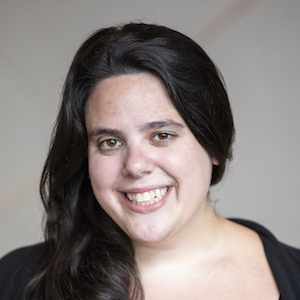
Kira Goldner, University of Washington
Kira Goldner is a PhD student in Computer Science and Engineering at the University of Washington, advised by Anna Karlin. Her research focuses on problems in mechanism design, particularly in maximizing revenue in settings that are motivated by practice, such as those where buyer distributions are unknown or buyers are risk-averse. She is also beginning to work on mechanism design within health insurance. She is a 2017 recipient of the Microsoft Research PhD Fellowship and was a 2016 recipient of a Google Anita Borg Scholarship. Kira received her B.A. in Mathematics from Oberlin College and also studied at Budapest Semesters in Mathematics.
Participants
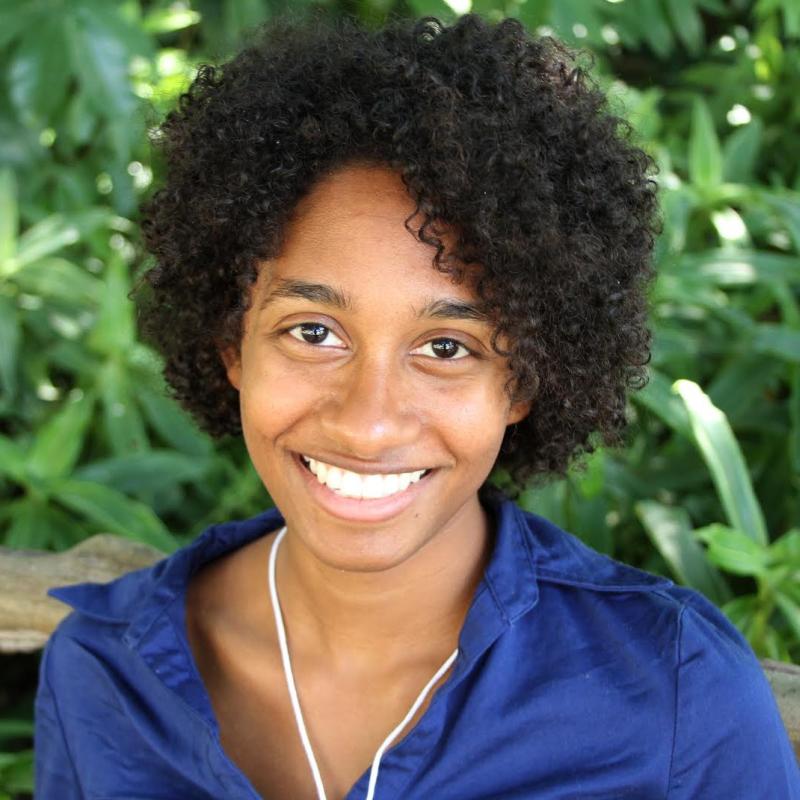
Ellora Derenoncourt, Harvard University
Ellora Derenoncourt is a graduate student in economics at Harvard University, specializing in public and labor economics, economic history, and microeconomic theory. Her research employs a range of methods to understand the determinants of current and historical inequality, including field experimental and theoretical work on firms and fairness and analyses of historical data on economic mobility and racial inequality.
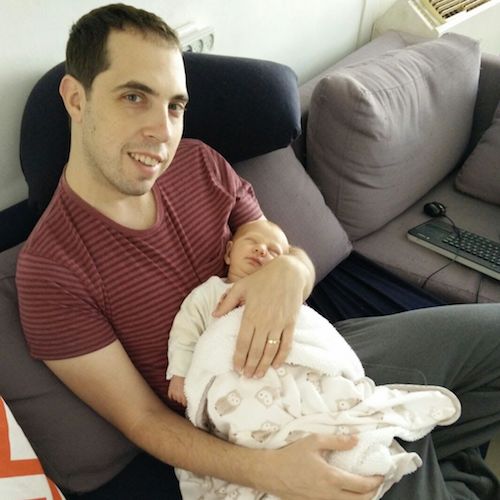
Alon Eden, Tel Aviv University
Alon Eden is a PhD student in the Computer Science department at Tel Aviv University. He is advised by Amos Fiat and Michal Feldman. His research interests have focused on algorithmic game theory, and mainly pricing algorithms. In particular, he is interested in finding out whether resources can be allocated efficiently using prices when agents are selfish and arriving online.

Lily Hu, Harvard University
Lily Hu is a PhD student in applied mathematics at Harvard University where she is advised by Yiling Chen and works on algorithmic fairness and ethics in artificial intelligence. Broadly, her academic interests include algorithmic game theory, statistical inference, and theories of justice. Her current time is divided between economics/computer science research, where she studies fairness in algorithmic settings, and philosophy/ethics work, where she considers algorithmic fairness as it relates to notions of procedural, substantive, and distributive justice. Lily graduated from Harvard College in 2015 with an A.B. in Mathematics.

Anna Karlin, University of Washington
Anna R. Karlin is the Microsoft Professor of Computer Science and Engineering at the University of Washington. Her research is primarily in theoretical computer science: algorithmic game theory, and the design and analysis of algorithms, particularly probabilistic and online algorithms. She is an ACM Fellow and a Fellow of the American Academy of Arts and Sciences.

Jon Kleinberg, Cornell University
Jon Kleinberg is the Tisch University Professor of Computer Science and Information Science at Cornell University. His research focuses on algorithmic issues at the interface of networks and information, with an emphasis on the social and information networks that underpin the Web and other on-line media. He is a member of the National Academy of Sciences and the National Academy of Engineering.
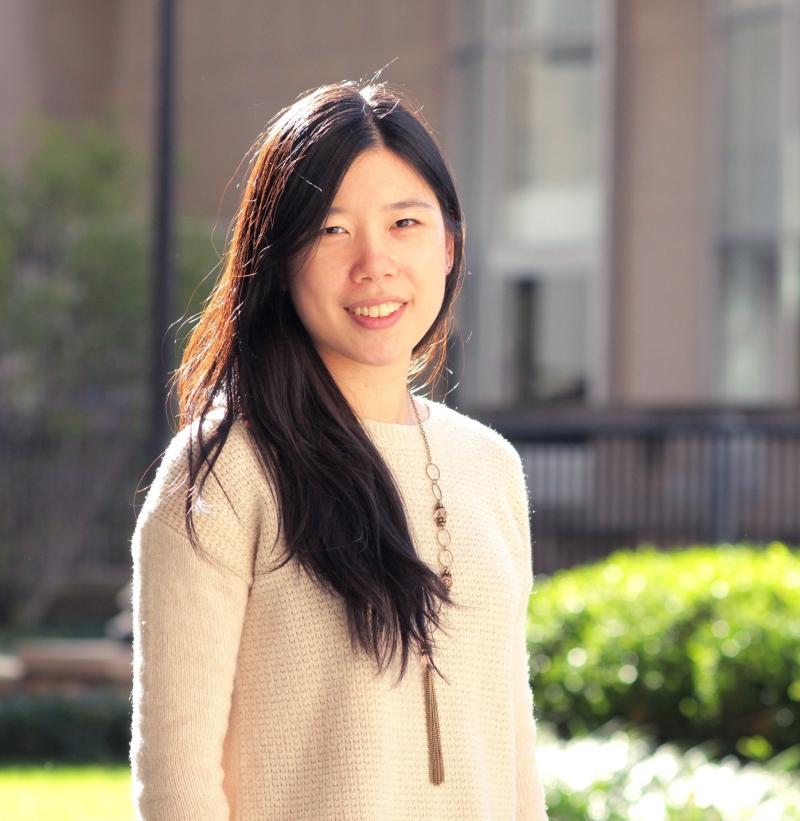
Irene Lo, Columbia University
Irene Lo is a Ph.D. student in the IEOR Department at Columbia University. Her main research areas are in the intersection of operations research, computer science and economics. In particular, she is interested in how to optimally allocate scarce resources while incorporating the preferences of strategic agents, and in developing mathematical and algorithmic tools to answer this question. She currently works in matching market design, with a focus on school choice mechanisms. Irene graduated from Princeton University in 2013 with an A.B. in mathematics.
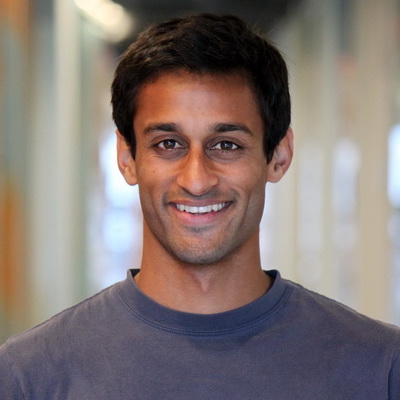
Manish Raghavan, Cornell University
Manish Raghavan is a PhD student at Cornell advised by Jon Kleinberg. He studies human decision-making and behavioral biases using techniques from theoretical computer science. He also works on understanding the effects that algorithmic decision-making has on society, focusing on fairness in machine learning. He received his B.S. from UC Berkeley in Electrical Engineering and Computer Science in 2016, and he is a recipient of an NSF GRFP fellowship.

Sam Taggart, Oberlin College
Sam Taggart is an assistant professor of computer science at Oberlin College. Before joining the department, he completed his doctoral study at Northwestern University in 2017 under the supervision of Jason Hartline. His research interests lie at the intersection of theoretical computer science and mathematical economics. Some of his recent projects have studied the interplay between economic incentives and statistical learning and the performance of practical resource allocation protocols such as the first-price auction.

Dan Waldinger, MIT
Dan Waldinger is a graduate student in economics at MIT doing research in empirical market design. His work focuses the allocation of organs and public housing (fortunately they are allocated separately), and quantifies how waiting times provide incentives to economic agents in these dynamic mechanisms. Before graduate school, he lived in Cairo and worked at Microsoft Research after graduating from the University of Chicago. He grew up in Newton, MA.

Matt Weinberg, Princeton University
Matt Weinberg is an Assistant Professor of computer science at Princeton University. His research focuses on algorithmic mechanism design, including multidimensional auctions. His thesis on this topic was awarded the ACM SIGecom doctoral dissertation award. More recently, he's additionally working on mechanism design for cryptocurrencies and social good domains.